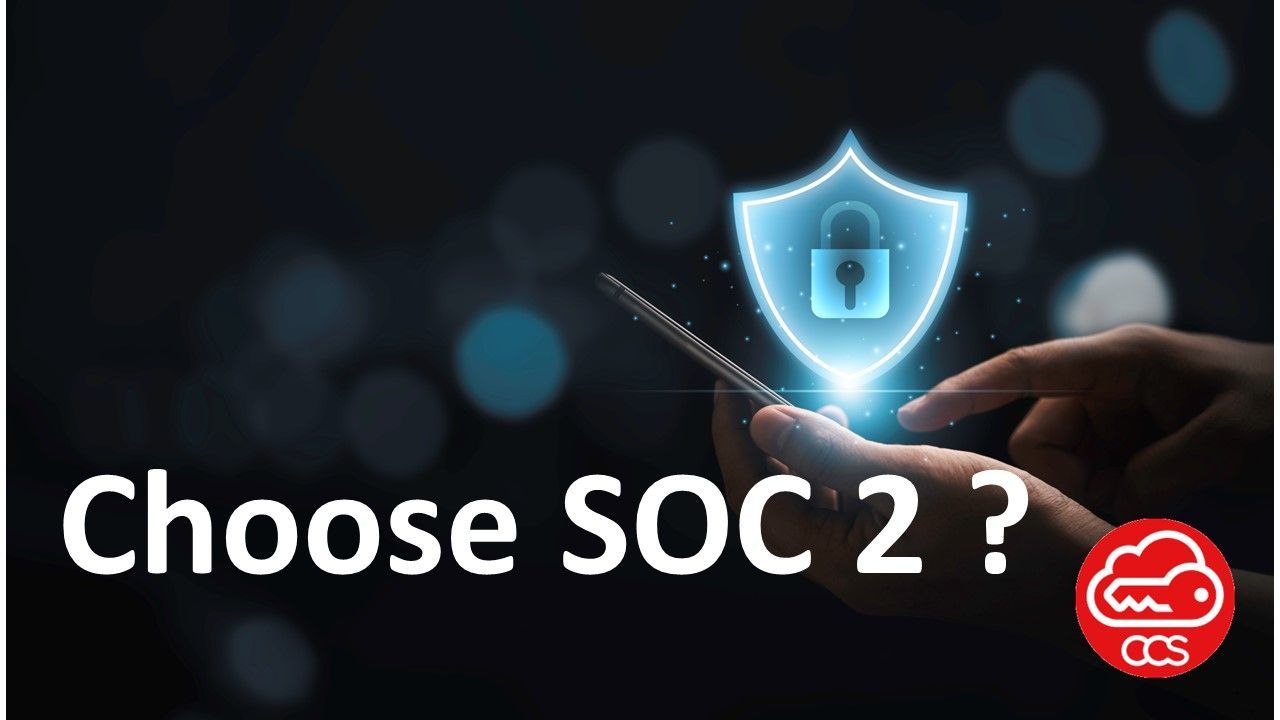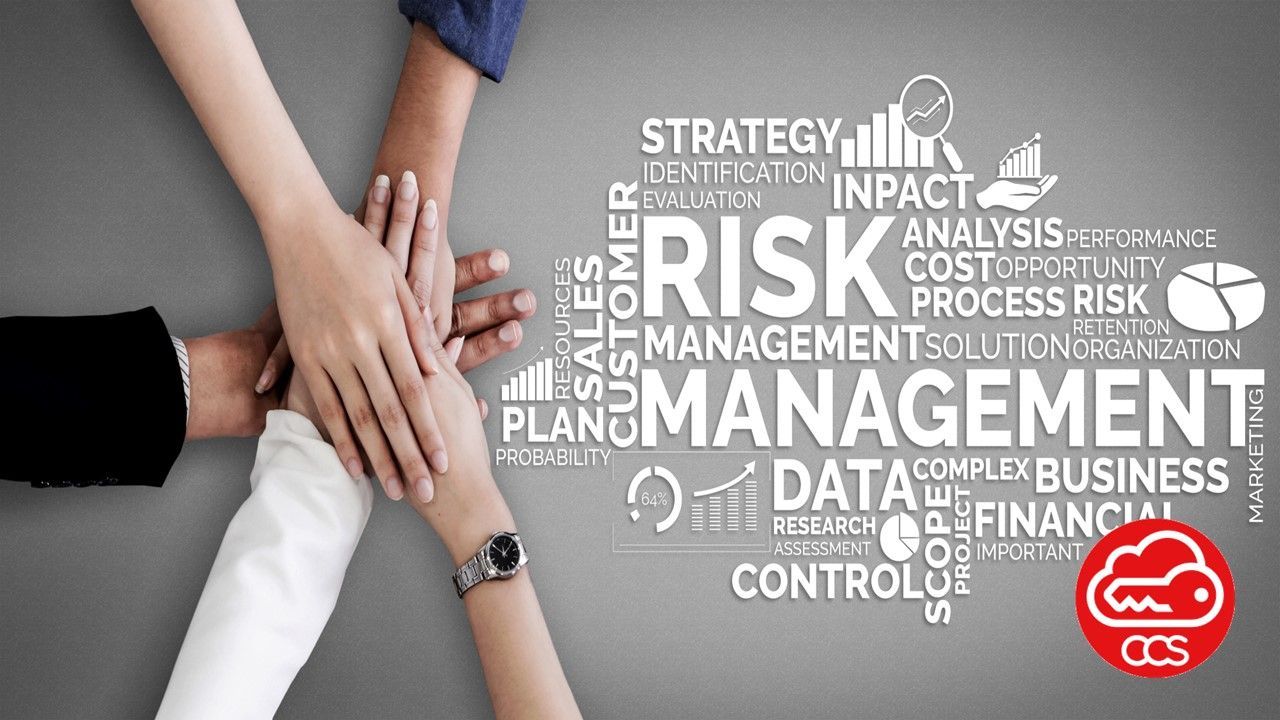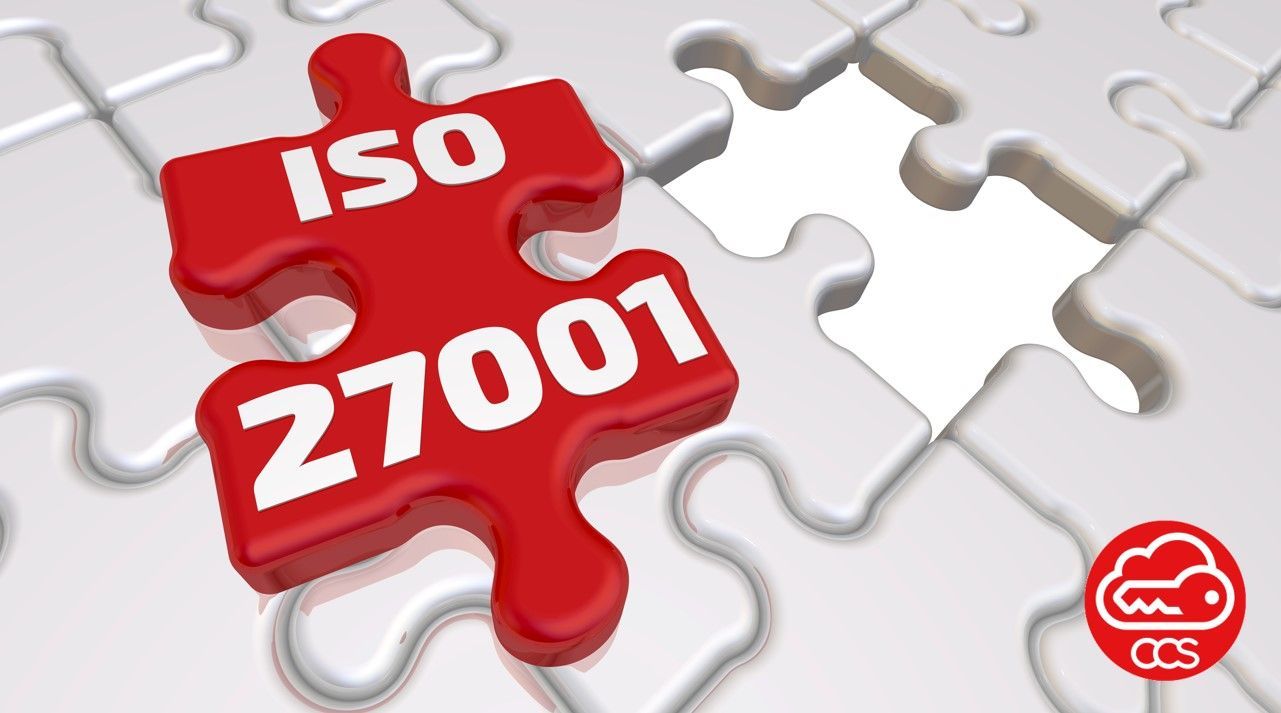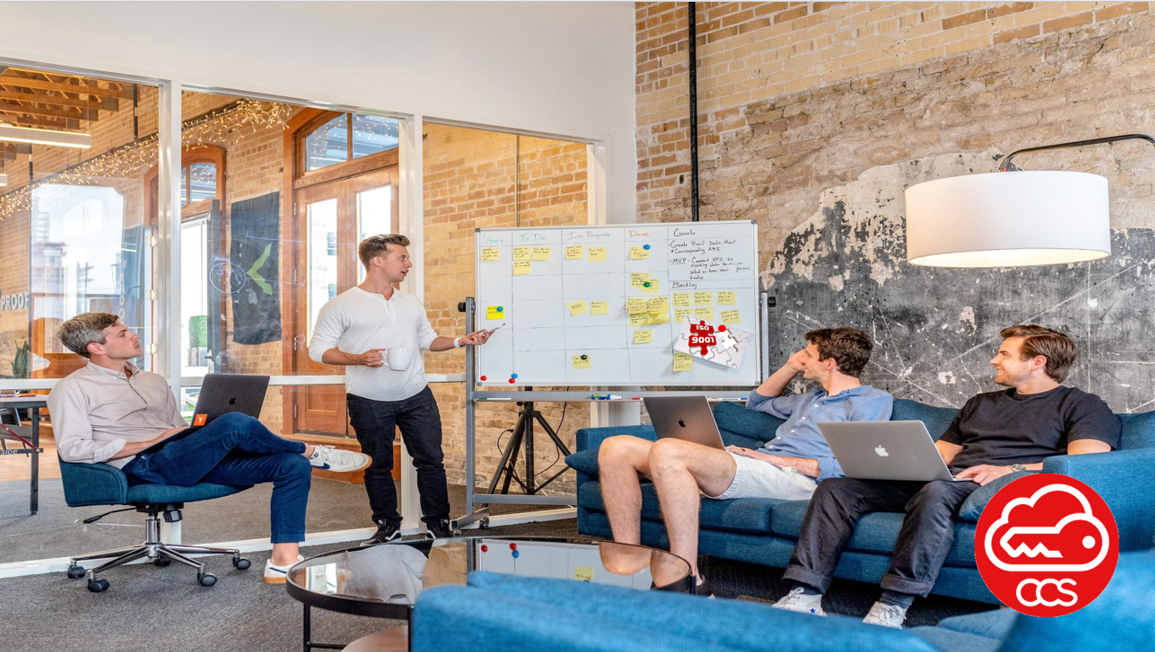In the dynamic and competitive landscape of today's business world, organizations strive to achieve excellence in various facets of their operations. A critical aspect of this pursuit is the implementation of robust risk management practices that ensure the quality, safety, and efficiency of business processes while safeguarding against potential threats. CCS stands as a strategic partner in supporting businesses on their journey towards excellence by offering a comprehensive suite of services designed to mitigate risks.
Choosing SOC 2: Is it the Best Route to Improve Your Security?
When you believe you need SOC 2 (System and Organization Controls 2), is it about just achieving a certification? Or is it about making an informed decision on whether SOC 2 is the best path to enhance your security posture, or if other frameworks like ISO 27001 might be more appropriate?
Here are key qualification questions to help you determine your current state, requirements, and objectives, ensuring you choose the right compliance framework.
General Questions
Business Overview:
- What is the nature of your business and the primary services or products you offer?
- Understanding your business model helps identify the specific security needs and risks associated with your operations.
- What types of data do you handle (e.g., customer data, financial data, healthcare data)?
- The type of data you manage can dictate the level of security and compliance required. For instance, handling healthcare data might push you towards frameworks like HIPAA alongside SOC 2 or ISO 27001.
Motivation for SOC 2:
- Why are you pursuing SOC 2 compliance (e.g., client requirements, market differentiation, regulatory compliance)?
- Identifying the driving force behind seeking SOC 2 helps assess whether this framework aligns with your strategic goals.
- What is your desired timeline for achieving SOC 2 compliance?
- Timelines can influence whether SOC 2 or ISO 27001 is more practical. SOC 2 might be quicker for immediate client requirements, while ISO 27001 could be a long-term goal.
Current Security and Compliance Posture
Existing Frameworks:
- Do you currently adhere to any other security or compliance frameworks (e.g., ISO 27001, NIST, HIPAA)?
- Existing compliance with other frameworks can impact the ease of integrating SOC 2 or deciding if ISO 27001 might be a better or complementary choice.
- Have you undergone any previous audits or assessments?
- If so, what were the results? Previous audit experiences can highlight areas of strength and weakness, guiding your decision on which framework to adopt.
Policies and Procedures:
- Do you have documented security policies and procedures in place?
- Comprehensive policies and procedures are essential for both SOC 2 and ISO 27001, though their focus might vary slightly.
- How frequently are these policies reviewed and updated?
- Regularly updated policies indicate a mature security posture, which is beneficial for both SOC 2 and ISO 27001 compliance.
Risk Management:
- How do you currently identify, assess, and manage risks?
- A robust risk management program is a cornerstone of both frameworks, but the methodologies might differ.
- Do you have a formal risk management program?
- Formal risk management is critical for ISO 27001 but also a significant aspect of SOC 2.
SOC 2 vs. ISO 27001: Which is Right for You?
- SOC 2:
- SOC 2 is particularly suited for service organizations that handle customer data. It emphasizes five Trust Services Criteria: Security, Availability, Processing Integrity, Confidentiality, and Privacy. SOC 2 is often chosen for its flexibility and customer assurance, especially in the tech and cloud service sectors.
- ISO 27001:
- ISO 27001 provides a comprehensive, globally recognized framework for information security management systems (ISMS). It is highly structured and emphasizes continuous improvement. It is ideal for organizations looking for a rigorous approach to managing information security risks.
Should You Consider Both?
Sequential Implementation:
- Start with ISO 27001:
- Implementing ISO 27001 first can lay a solid foundation for a robust security management system. It provides a systematic approach to managing sensitive company information, ensuring its security.
- Follow with SOC 2:
- Once ISO 27001 is in place, pursuing SOC 2 can provide additional assurance to customers, particularly those in the US market. The SOC 2 report can demonstrate adherence to specific Trust Services Criteria that might not be explicitly covered in ISO 27001.
- Simultaneous Implementation:
- For some organizations, implementing both frameworks simultaneously might be feasible. This approach can be efficient if your security and compliance needs are urgent and resources are available to manage both projects.
Choosing between SOC 2 and ISO 27001—or deciding to pursue both—requires a thorough understanding of your organization’s specific needs, existing security posture, and strategic objectives. By asking the right questions and carefully evaluating your options, you can make an informed decision that best enhances your security and compliance efforts.





